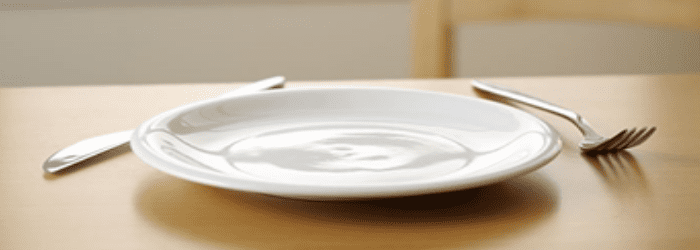
What Is Intermittent Fasting?
If you’ve been looking for ways to reduce your calorie intake and lose weight, you may have come across the term “intermittent fasting,” or IF. While it may seem like just another fad diet, many experts agree that this eating pattern may actually hold up to its claims. Not only is IF safe and effective, but it could also play an important role in diabetes prevention. The catch is that it’s all in how you approach IF – discover some important tips below.
A Beginner’s Guide to Intermittent Fasting
What Is Intermittent Fasting?
Intermittent fasting isn’t an entirely new concept, but it was only recently popularized after a number of documentaries and books hailing the practice emerged from 2012 to 2016. The concept is simple: IF encourages eating only during a limited window of time, then fasting during the “off” hours.
In between meals, our body breaks down food and uses it as energy. When we don’t use all of this energy, however, it enters the cells, where it gets stored as fat. Yet, for sugar to enter the cells, insulin must be present. When we give our bodies a break from eating, insulin levels drop, and fat cells release built-up sugar to be used as energy. As a result, fasting encourages insulin levels to go down, thereby promoting weight loss.
What’s the Best Way to Approach It?
As with many well-known diets, there are different approaches to IF. Some advocates for the diet recommend fasting every other day, but many individuals find this approach too restrictive. Luckily, there are other, more sustainable approaches to try.
Most IF plans fall into an eight- or 12-hour window. In the first, you’d be able to eat within an eight-hour time frame, then fast for the other 16 hours of the day. In the second, you’d have 12 hours to eat and 12 to fast. Research suggests the more restrictive window may have a greater payoff: according to a 2018 study conducted by the University of Alabama, men with prediabetes who practiced “early time-restricted feeding” by having all of their meals between 7 am and 3 pm had drastically lower insulin levels than their peers who followed the 12-hour method, eating between 7 am and 7 pm. Their appetites had also reduced significantly.
Of course, IF is unlikely to yield any noticeable benefits if you fill your eight- or 12-hour eating period with high-calorie, nutritionally-poor food choices. Yet, if you’re following a sensible diet prioritizing vegetables and fruits, whole grains, healthy fats, and lean protein, you may notice some improvement by restricting your “eating window.”
As with any diet, IF is also only as effective as your ability to stick with it. If you’re interested in trying it, you might start with a manageable 12-hour window, such as 10 am to 6 pm. Or, simply adopt some of the principles from intermittent fasting if fasting seems too restrictive to you: avoid snacking between meals by taking in enough nutrient-dense calories during your meals and try not to eat after dinner. And, as with any diet, be sure to get the okay from your physician before starting IF.
Contact us today if you would like to learn more about IF!


 St. Petersburg, Florida
St. Petersburg, Florida
